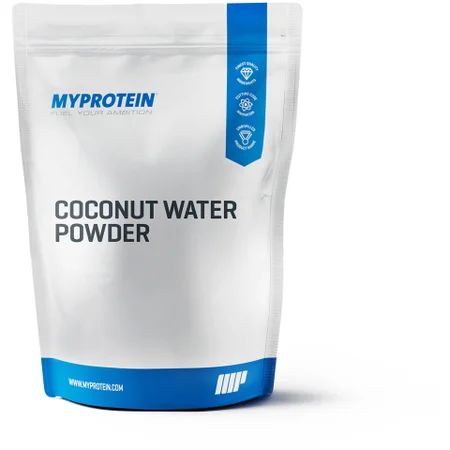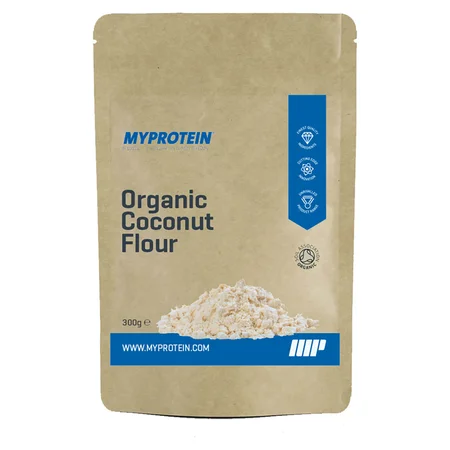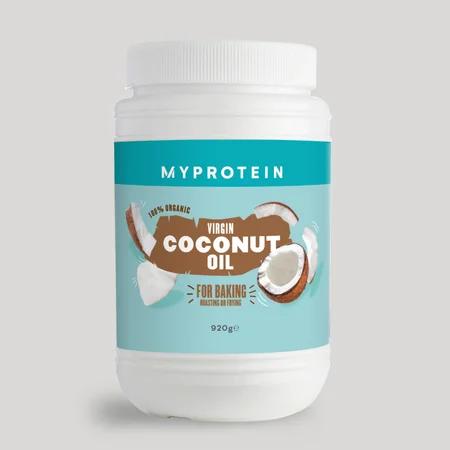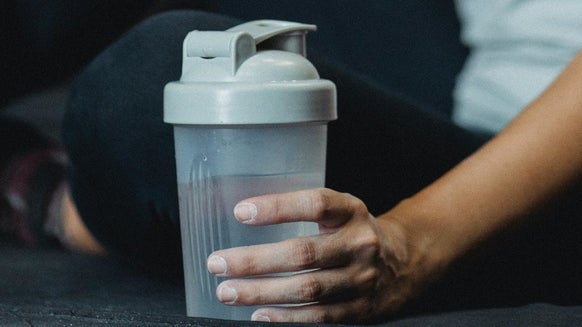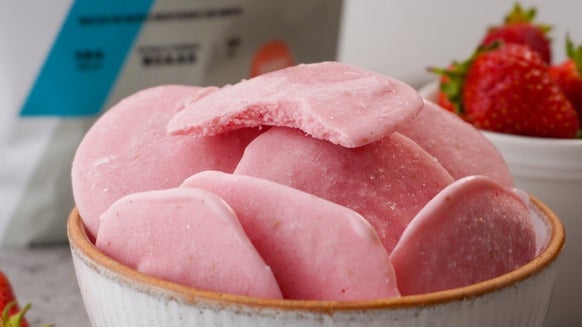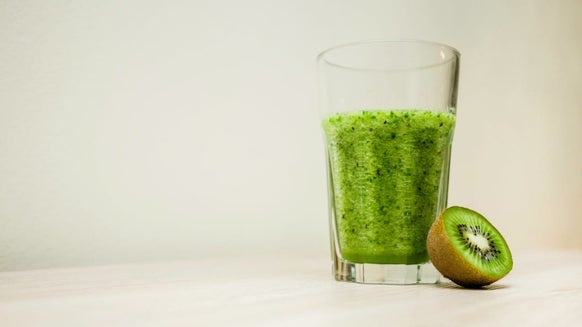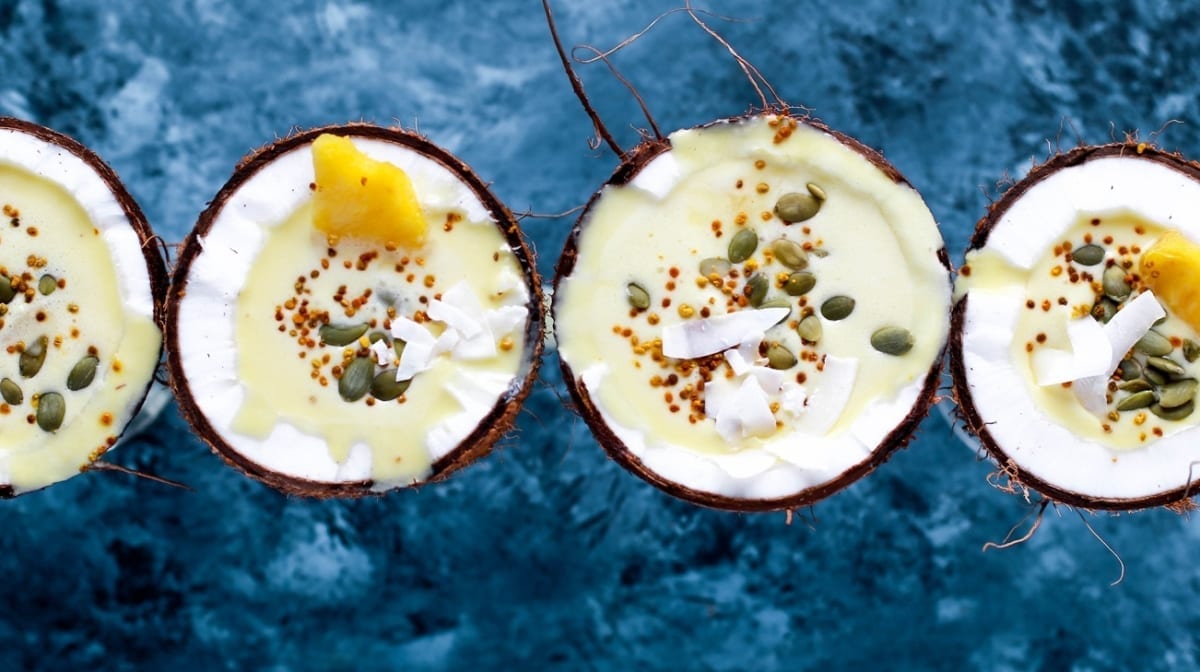
Auf welchem Wege vollbringt das Kokosöl seine positive Wirkung?

Die gesundheitliche Wirkung von Kokosöl
1. Verbrenne Körperfett mit Kokosöl („ Fett gegen Fett“)

2. Kokosöl für Herzgesundheit und gegen erhöhte Cholesterinspiegel

3. Kokosöl für eine bessere Verdauung

4. Kokosöl für ein besseres Hautbild und gesundes Haar

Kokosöl: Die Verwendungsgebiete
Dosierung: Wie viel Kokosöl sollte ich idealerweise zu mir nehmen?

Abschließende Worte


[1] De Pablo, MA., et al. (1998): Influence of diets containing olive oil, sunflower oil or hydrogenated coconut oil on the immune response of mice. In: Journal of clinical biochemistry and nutrition. URL: https://www.jstage.jst.go.jp/article/jcbn1986/25/1/25_1_11/_article.
[2] Hargrave, KM. / Azain, MJ. / Miner, JL. (2005): Dietary coconut oil increases conjugated linoleic acid-induced body fat loss in mice independent of essential fatty acid deficiency. In: Biochimica et Biophysica Acta (BBA)-Molecular and Cell Biology of Lipids. URL: http://www.sciencedirect.com/science/article/pii/S1388198105002143.
[3] Nevin, KG. / Rajamohan, T. (2004): Beneficial effects of virgin coconut oil on lipid parameters and in vitro LDL oxidation. In: Clinical biochemistry. URL: http://www.ncbi.nlm.nih.gov/pubmed/15329324.
[4] Haug, A. / Høstmark, AT. (1987): Lipoprotein lipases, lipoproteins and tissue lipids in rats fed fish oil or coconut oil. In: The Journal of nutrition. URL: http://www.ncbi.nlm.nih.gov/pubmed/3598712.
[5] Machmüller, A. / Kreuzer, M. (1999): Methane suppression by coconut oil and associated effects on nutrient and energy balance in sheep. In: Canadian Journal of Animal Science. URL: http://pubs.aic.ca/doi/abs/10.4141/A98-079.
[6] Portillo, MP., et al. (1998): Energy restriction with high-fat diet enriched with coconut oil gives higher UCP1 and lower white fat in rats. In: International journal of obesity and related metabolic disorders: journal of the International Association for the Study of Obesity. URL: http://www.ncbi.nlm.nih.gov/pubmed/9806312.
[7] Enig, MG. (1996): Health and nutritional benefits from coconut oil: an important functional food for the 21st century. In: AVOC Lauric Oils Symposium. URL: www.coconutboard.gov.in/English-Article-MaryEnig.pdf.
[8] Reddy, BS. / Maeura. Y. (1984): Tumor promotion of dietary fat in azoxymethane-induced colon carcinogenesis in female F 344 rats. In: Journal of the National Cancer Institute. URL: http://www.ncbi.nlm.nih.gov/pubmed/6583457.
[9] Kabara, JJ. (1978): Health oils from the three of life. Nutritional and health aspects of coconut oil. URL: www.apccsec.org/document/Kabara.pdf.
[10] Minichowski, DN. (2014): Kokosöl für weniger Körperfett und mehr Gesundheit. In: AesirSports.de. URL: http://aesirsports.de/2014/03/kokosnuss-oel-fuer-weniger-koerperfett-und-mehr-gesundheit/.
[11] Kabara et al. (1972): Fatty Acids and Derivatives as Antimicrobial Agents. In: Antimicrobial Agents and Chemotherapy. URL: http://www.ncbi.nlm.nih.gov/pmc/articles/PMC444260/.
[12] Ruzin, A. (2000): Equivalence of lauric acid and glycerol monolaurate as inhibitors of signal transduction in Staphylococcus aureus. In: Journal of Bacteriology. URL: http://www.ncbi.nlm.nih.gov/pubmed/10762277.
[13] Ogbolu et al. (2007): In vitro antimicrobial properties of coconut oil on Candida species in Ibadan, Nigeria. In: Journal of Medicinal Food. URL: http://www.ncbi.nlm.nih.gov/pubmed/17651080.
[14]] Agero, AL. / Verallo-Rowell, VM. (2004): A randomized double-blind controlled trial comparing extra virgin coconut oil with mineral oil as a moisturizer for mild to moderate xerosis. In: Dermatitis. URL: http://www.ncbi.nlm.nih.gov/pubmed/15724344.
[15] Rele, AS. / Mohile, RB. (2003): Effect of mineral oil, sunflower oil, and coconut oil on prevention of hair damage. In: Journal of Cosmetic Science. URL: http://www.ncbi.nlm.nih.gov/pubmed/12715094.
[16] Korac, RR. / Khambholja, KM. (2011): Potential of herbs in skin protection from ultraviolet radiation. In: Pharmacognosy Reviews. URL: http://www.ncbi.nlm.nih.gov/pubmed/22279374.
[17] Assuncao et al. (2009): Effects of Dietary Coconut Oil on the Biochemical and Anthropometric Profiles of Women Presenting Abdominal Obesity. In: Lipids. URL: http://link.springer.com/article/10.1007/s11745-009-3306-6?no-access=true.
[18] Nevin, KG. / Rajamohan, T. (2006): Influence of virgin coconut oil on blood coagulation factors, lipid levels and LDL oxidation in cholesterol fed Sprague–Dawley rats. In: e-SPEN. URL: http://www.journals.elsevierhealth.com/periodicals/yeclnm/article/S1751-4991%2807%2900043-1/abstract.
[19] Liau et al. (2011): An Open-Label Pilot Study to Assess the Efficacy and Safety of Virgin Coconut Oil in Reducing Visceral Adiposity. In: ISRN Pharmacology. URL: http://www.ncbi.nlm.nih.gov/pmc/articles/PMC3226242/.
[20] Zhang et al. (2010): Medium- and Long-Chain Triacylglycerols Reduce Body Fat and Blood Triacylglycerols in Hypertriacylglycerolemic, Overweight but not Obese, Chinese Individuals. In: Lipids. URL: http://link.springer.com/article/10.1007/s11745-010-3418-z?no-access=true.
[21] Liu et al. (2009): A good response to oil with medium- and long-chain fatty acids in body fat and blood lipid profiles of male hypertriglyceridemic subjects. In: Asia Pacific Journal of Clinical Nutrition. URL: http://www.ncbi.nlm.nih.gov/pubmed/19786383.
